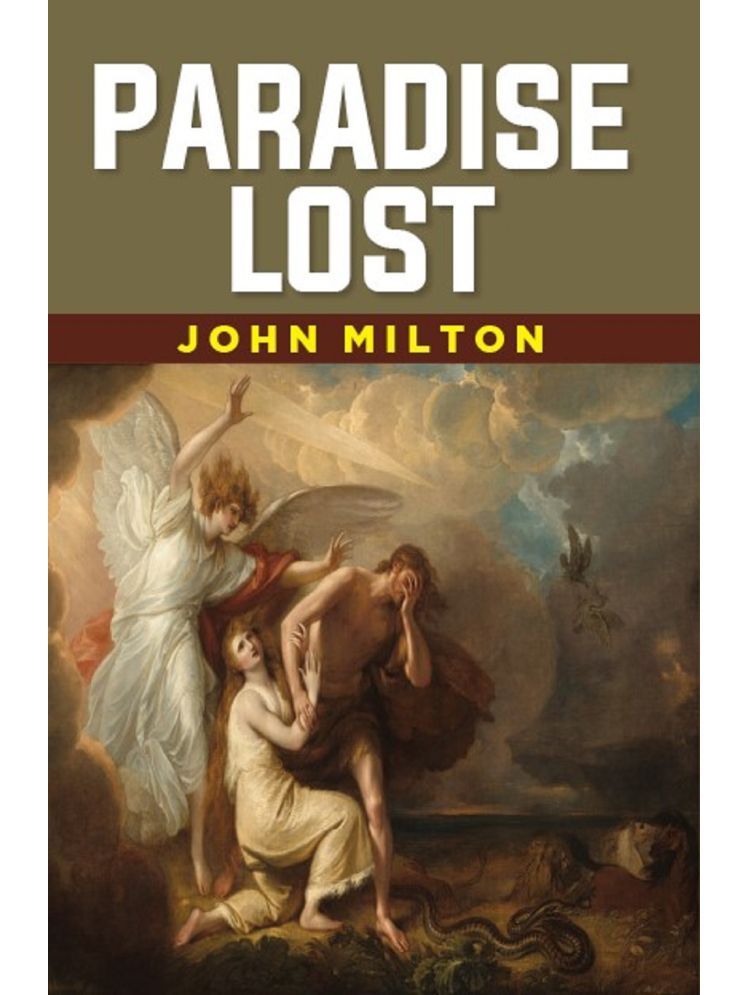One of the greatest epic poems in the English language, Paradise Lost tells the timeless story of humanity’s fall from grace. Milton’s masterpiece begins with Satan and his fallen angels cast out of Heaven after rebelling against God, and follows their efforts to corrupt God's newest creation—humankind. Through the tragic tale of Adam and Eve, Milton explores profound themes of free will, temptation, sin, and redemption, weaving together classical mythology, biblical history, and philosophical inquiry.
Milton’s masterful use of blank verse and his intricate portrayal of Satan as a tragic anti-hero, alongside his complex depiction of Adam and Eve’s innocence and subsequent downfall, makes Paradise Lost a monumental exploration of the human condition. The epic is both a theological meditation on divine justice and a sweeping narrative of cosmic conflict, offering readers a powerful vision of good versus evil, suffering and salvation, and the enduring struggle for knowledge.
Rich in literary and religious symbolism, Paradise Lost continues to captivate readers and thinkers with its grandeur, depth, and its exploration of the fundamental questions of life, choice, and morality. A timeless work, Paradise Lost remains an essential text for understanding both the power of the human spirit and the limits of human freedom.


